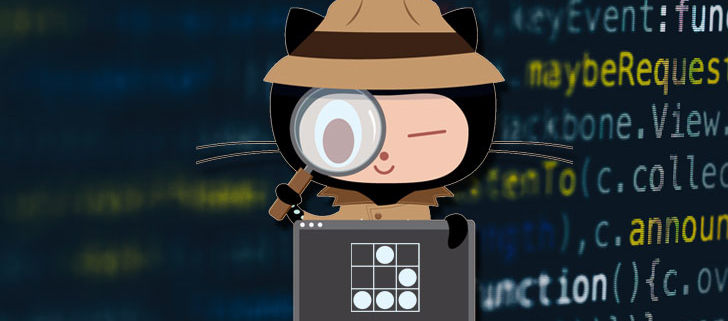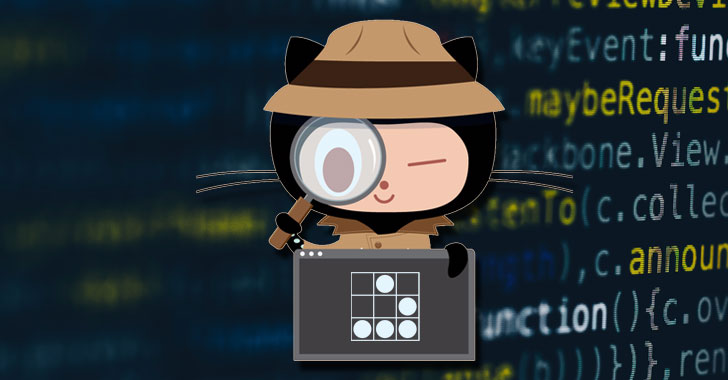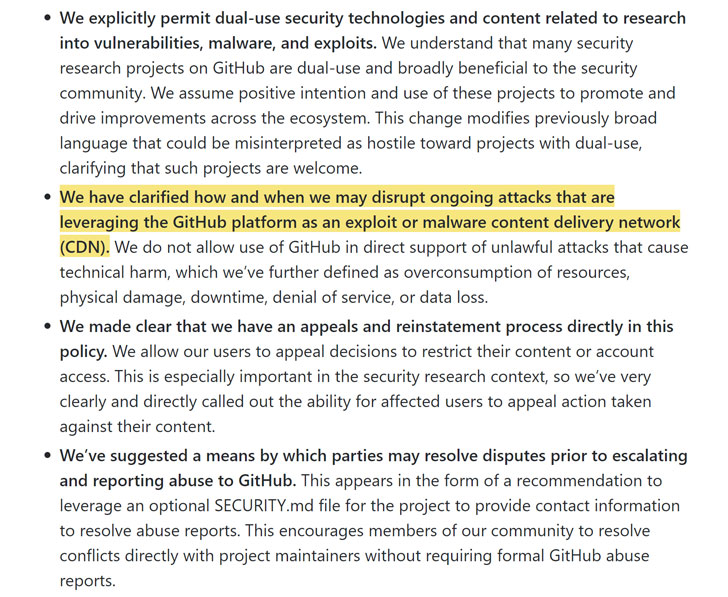GitHub case: Twitter rejects urgent request for accounts details, says it’s not national security matter
Twitter is said to have denied details of two handles thought to be connected to the case where a female journalist’s photo was uploaded on a website alongside disparaging comments, saying this was not a “national security threat matter” and that the Delhi Police should approach it through the proper channel instead.
Days after lodging an FIR against unknown persons, the police had written to the software development platform GitHub for details of the website developer, and from Twitter, they sought information about two accounts they believe had tweeted about the app first. The accounts were deactivated when the victims started sharing their ordeal online. “Sensing the gravity of the case, we asked Twitter to provide details of their IP addresses on an urgent basis, but they responded on Tuesday, asking us to come through proper channels since it’s not a national security threat matter,” a senior police officer privy to the investigation said.
The website was made using GitHub on December 31 and doctored photos of at least 100 Muslim women, along with lewd remarks, were posted there. GitHub subsequently removed the content, but many Twitter users tagged the women and posted screenshots.
On January 2, the south-east district police lodged an FIR against unknown persons and subsequently transferred the case to its Intelligence Fusion and Strategic Operations unit on January 4. The police are planning to get the go-ahead for a Mutual Legal Assistance Treaty to seek information about the app from its foreign-based hosting platform.
The Indian Computer Emergency Response System (Cert-In), the nodal agency for monitoring cyber security incidents and related threats, has been asked to form “a high-level committee” to probe the incident and coordinate with the cyber cells of state police forces, senior government officials said.
In her complaint to police on Saturday, the Delhi-based journalist had accused unknown persons of promoting enmity, sexual harassment, and insulting women. “I was shocked to find…that a website/portal…had a doctored picture of me in an improper, unacceptable and clearly lewd context… The…content…is clearly aimed at insulting…








